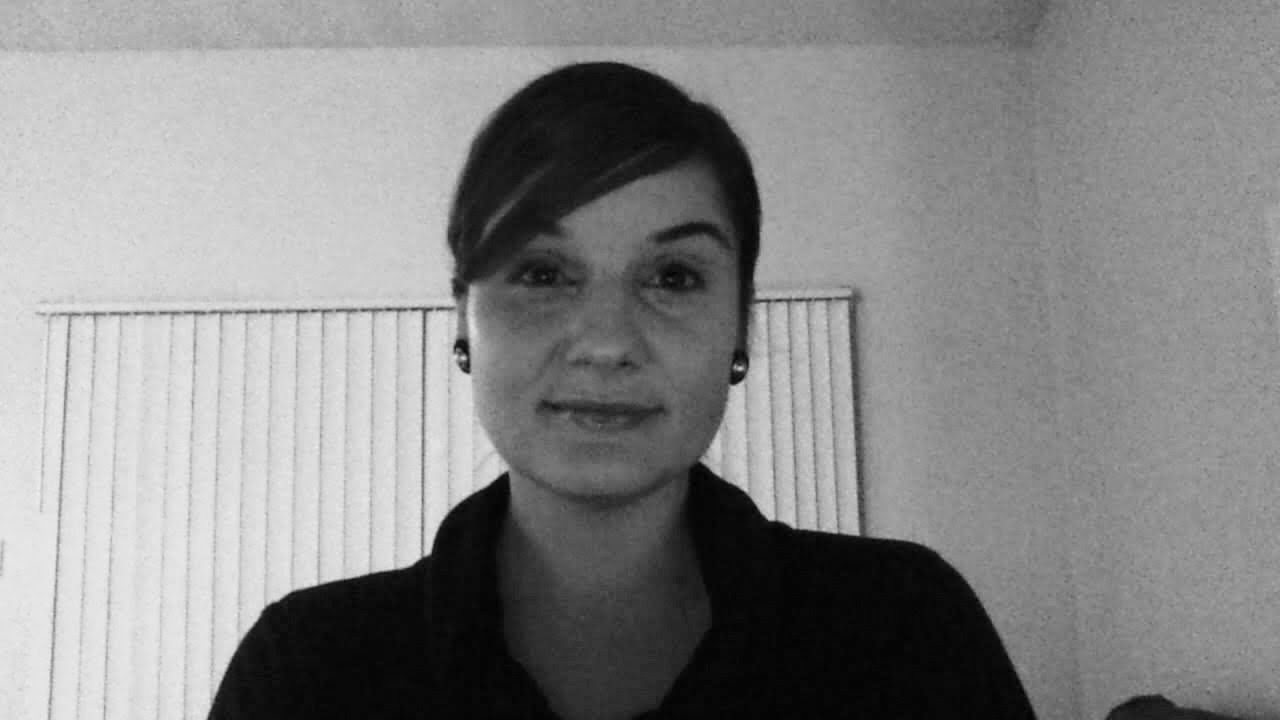All GRE Subject Test: Literature in English Resources
Example Questions
Example Question #1 : Contexts Of British Prose After 1925
Which of the following is not a dystopian novel?
A Clockwork Orange
Lord of the Flies
Finnegans Wake
1984
Brave New World
Finnegans Wake
The only one of these novels not set in a fictional dystopia is James Joyce’s Finnegans Wake, an incredibly experimental work that vaguely follows various characters through a dreamlike, nebulous plot.
Example Question #2 : Contexts Of British Prose After 1925
Which of the following recent British novels did not win the Booker Prize?
The Luminaries
The Inheritance of Loss
White Teeth
The Narrow Road to the Deep North
The Gathering
White Teeth
Only Zadie Smith’s White Teeth has not won the Booker Prize. Anne Enright’s The Gathering won in 2007, Eleanor Catton’s The Luminaries won in 2013, Richard Flanagan’s The Narrow Road to the Deep North won in 2014, and Kiran Desai’s The Inheritance of Loss won in 2006.
Example Question #3 : Contexts Of British Prose After 1925
George Orwell’s 1945 novel Animal Farm is an elaborate political allegory for which of the following?
The rise of colonialism in India
The rise of communism in Russia
The rise of Nazism in Germany
The rise of materialism in the United States
The rise of imperialism in Western Europe
The rise of communism in Russia
Orwell’s famous Animal Farm uses pigs, horses, dogs, and other animals to allegorize the 1917 Russian Revolution and subsequent rise of communism. In the novel, specific animals such as Napoleon and Snowball stand in for major political figures such as Vladimir Lenin, Joseph Stalin, and Leon Trotsky.
Example Question #4 : Contexts Of British Prose After 1925
Which of the following is the setting for Hilary Mantel’s two-time Booker Prize-winning Wolf Hall trilogy?
The Louisiana Purchase
The English Reformation
The War of the Austrian Succession
The French Revolution
The English Restoration
The English Reformation
Considered one of the best works of English historical fiction in the last century, Mantel’s trilogy is set during the English Reformation and follows the rise of the Church of England and the machinations of historical characters such as Thomas Cromwell, Anne Boleyn, Cardinal Wolsey, and Henry VIII.
Example Question #5 : Contexts Of British Prose After 1925
Which of the following is an integral literary device in To the Lighthouse?
Dialogue
Absurdism
Allegory
Dialect
Stream-of-consciousness
Stream-of-consciousness
The novel, written by Virginia Woolf in 1927, is a classic example of modernist stream-of-consciousness. Although the plot centers around a family’s vacations to a Scottish island, it is much more concerned with consciousness, emotions, and perceptions than with fast-paced action or plot.
Example Question #212 : Cultural And Historical Contexts
Which of these British authors had a fatwa placed on him or her by the Iranian government for his or her allegedly blasphemous novel The Satanic Verses?
Kazuo Ishiguro
J.M. Coetzee
Nadifa Mohamed
Salman Rushdie
Zadie Smith
Salman Rushdie
This author is Salman Rushdie, whose other works include Midnight’s Children and The Moor's Last Sigh. Rushdie’s work is known for its frequent use of magical realism, Indian settings, and historical subject matter. In 1989, Iran called for Rushdie’s assassination in response to the author’s portrayal of Islam in his writing.
Example Question #31 : Contexts Of Prose
Which of the following is least likely to be the title of a (hypothetical) critical essay about Anthony Burgess’ 1962 novel A Clockwork Orange?
"Adolescent Antisocial Behavior"
"Abnormal Psychology: A Case Study"
"Love and the British Crisis of Religion"
"Slang: Origins and Derivations"
"Cinema and the Art of Brainwashing"
"Love and the British Crisis of Religion"
Burgess’ dystopian novel concerns a troubled teenage boy who speaks in a distinctive fictional slang (Nadsat) and perpetrates violent crimes in his society. This character, Alex, is later imprisoned and punished through the use of movies and aversive conditioning. Love and religion do not play important roles in the novel.
Example Question #6 : Contexts Of British Prose After 1925
Which of the following is least likely to be the title of a (hypothetical) critical essay about Aldous Huxley’s 1932 novel Brave New World?
"Gender Identity: A Fluid Paradigm"
"Natural Reproduction: An Antiquated Approach"
"Gentle Tyranny: Leaders of the World State"
"Love in the Time of Dystopia"
"Castes and Conditioning: Educational Methods"
"Gender Identity: A Fluid Paradigm"
Set in the fictional and futuristic World State dictatorship, Huxley’s novel is darkly dystopian and concerns a society where natural reproduction no longer occurs. Instead, babies are grown in scientific labs and separated into artificial castes, where they are conditioned and raised to have only a certain level of intelligence. The novel centers on the relationship between two characters, Lenina Crowne and Bernard Marx, and the various ways in which they defy societal expectations and rules. The only subject not covered in this novel is gender identity.
Example Question #33 : Contexts Of Prose
Which of the following contemporary British authors is known for her three novels about World War I and for her use of real English poet-soldiers such as Wilfred Owen and Siegfried Sassoon as characters?
Carol Ann Duffy
Pat Barker
Hilary Mantel
A. S. Byatt
Zadie Smith
Pat Barker
The author is Pat Barker, and the novels are Regeneration, The Eye in the Door, and The Ghost Road. The works concern the lives and mental illnesses of several English soldiers (including Sassoon and Owen) in a psychiatric hospital during World War I.
Example Question #214 : Cultural And Historical Contexts
Which British writer could be described as a modern-day fairy tale writer?
Kate Atkinson
Nadifa Mohamed
A. S. Byatt
Angela Carter
P. D. James
Angela Carter
Angela Carter was well known for her fiction, nonfiction, poetry, and plays, but one of her best known works of fiction is The Bloody Chamber, a short story collection that presents familiar fairy tales with an unfamiliar (and often feminist) twist.
Certified Tutor
Certified Tutor
All GRE Subject Test: Literature in English Resources




